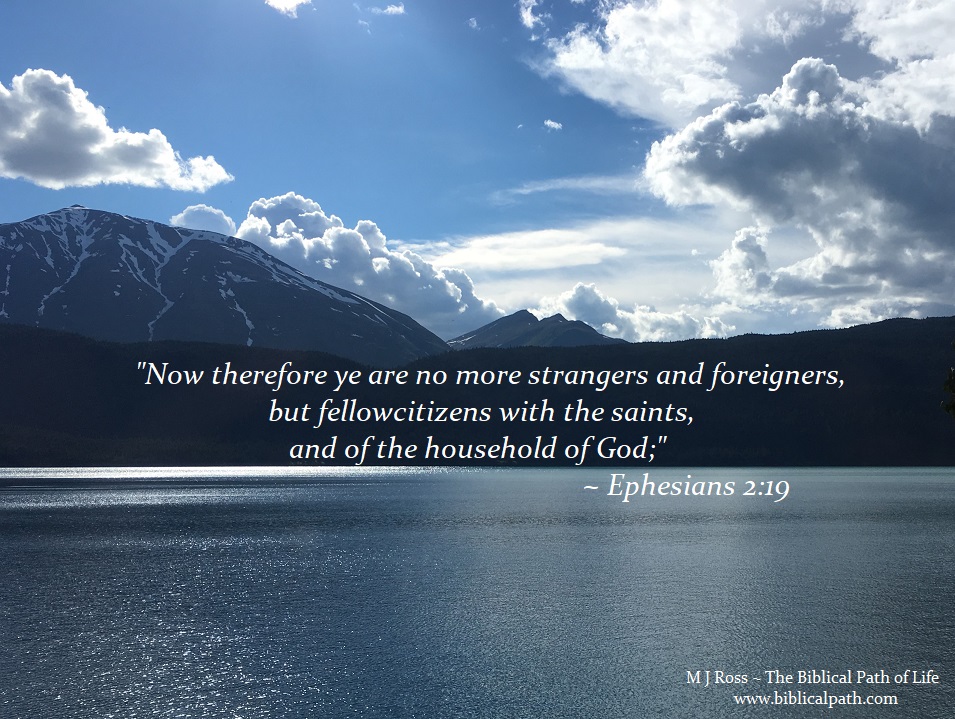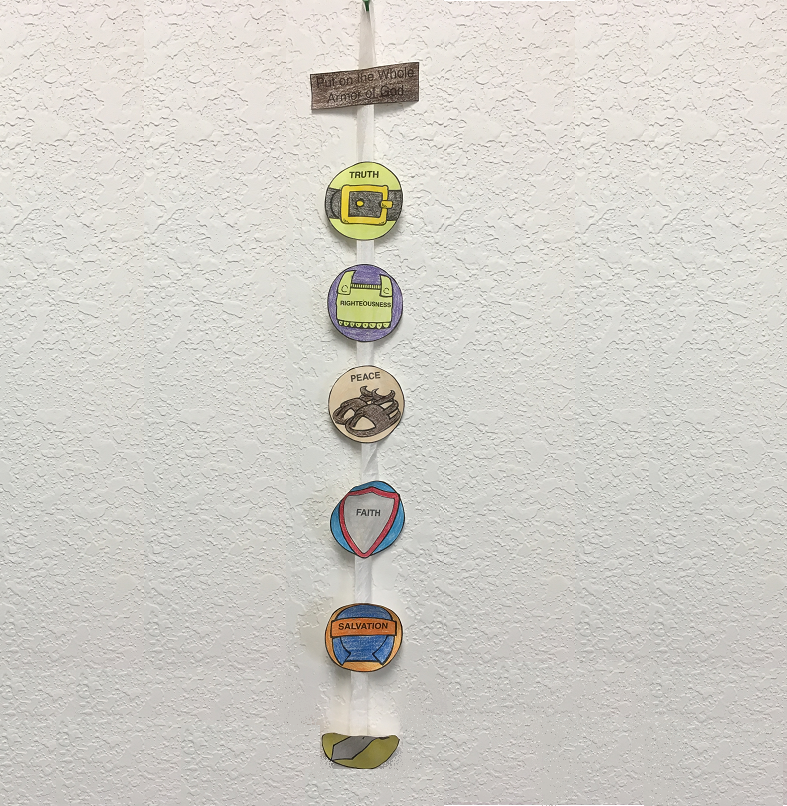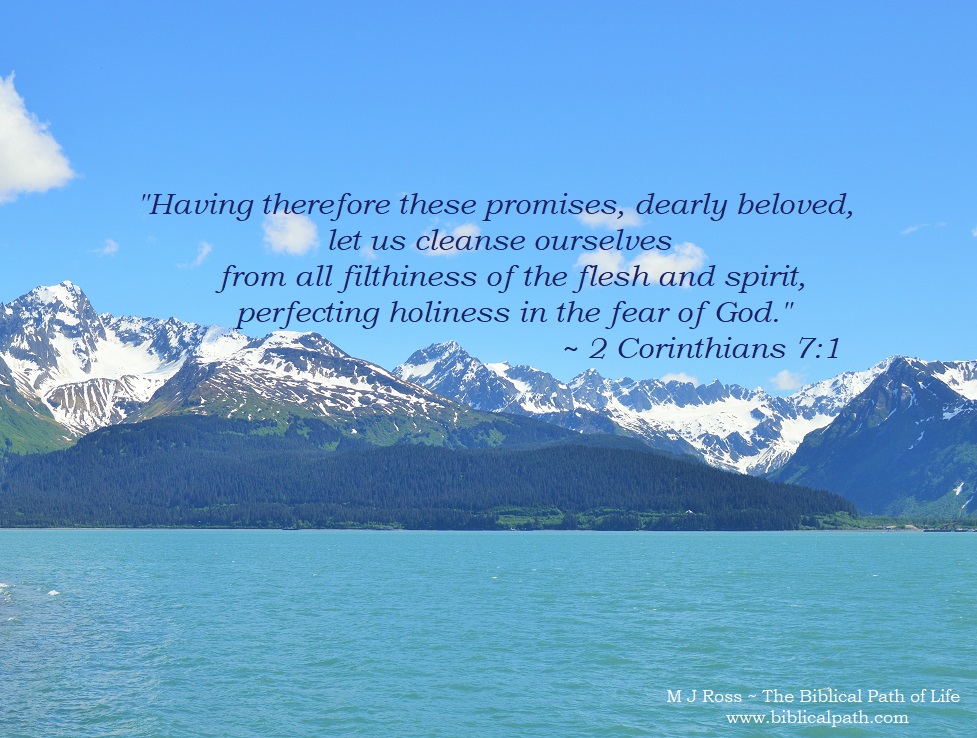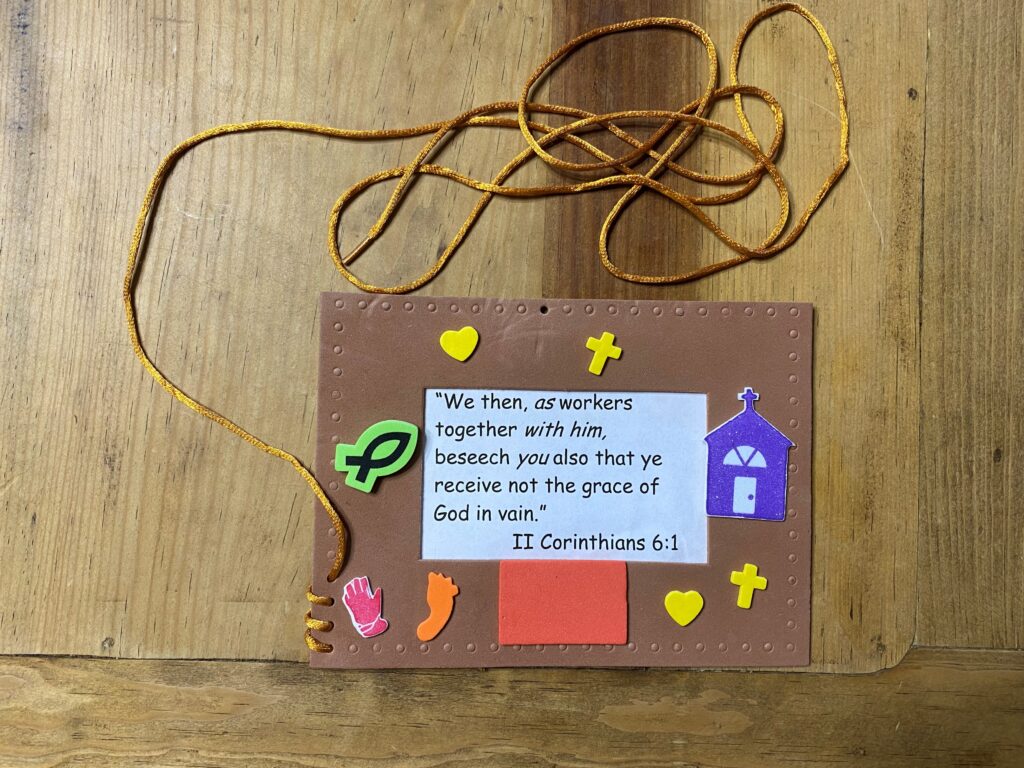
Key Verse
Thou therefore endure hardness, as a good soldier of Jesus Christ.
—2 Timothy 2:3
Key Verse Thought: Read today’s key verse. As you read it, keep in mind the Key Verse from our last lesson (“Fight the good fight of faith, lay hold on eternal life, whereunto thou art also called, and hast professed a good profession before many witnesses” 1 Timothy 6:12). As we learned in our last lesson to fight the good fight of faith, in this lesson we will learn to endure hardness as a good soldier. Use the following definitions to help in the understanding:
- Endure hardness means “to sustain afflictions; endure.”
- Good means “good in a moral sense; virtuous; in reference to the performance of duty.”
- Soldier means “a Christian minister.”
In this lesson, we will learn that each Christian is to learn how to live just like this.
Emphasis: Just as God had a plan for Timothy’s life, He has a plan (a job) for each Christian to accomplish with his or her life. It was not easy for Timothy or Paul – for they suffered persecution. Nevertheless, Christians are to endure as a good soldier, fighting the fight of faith, faithfully, until they complete their life here on earth.
Lesson Summary: The book of 2 Timothy is the second of the letters Paul wrote that we group together as “Four Letters of Instruction to Pastors.” In this lesson, we learn a little more about Timothy, and how he came to become a Christian. Timothy had a Gentile father and Jewish mother. He had been taught about Jesus from his childhood by his grandmother and mother, and Paul led him to the Lord. Timothy joined Paul on some of his missionary journeys and was a very close friend of Paul’s.
Paul wrote the letter to Timothy while Paul was in prison. It was a letter of encouragement – for although Paul was in prison, Timothy was never to forget the faith instilled within him from childhood, nor to be ashamed of the testimony of the Lord. To help Timothy understand the difficulty and determination needed, Paul gave him some picture examples: a faithful teacher; endure hardness as a good soldier; a workman; a servant of the Lord; a student of God’s Word; a patient preacher under trying circumstances.
Not only did Paul teach picture examples, he gave many warnings: he would suffer afflictions, many (if not all) would forsake, and evil men would wax worse and worse – deceiving many.
However, through it all, Timothy was to remain faithful – just as Paul had.
Each Christian today, is to remain faithful, enduring hardness as a soldier of Jesus Christ.
Y3Q4 – Lesson 2 Questions
Y3Q4 – Lesson 2 Children’s Worksheets
If you are teaching this to children, the following is a craft idea to help them remember this lesson:

We made Bible Markers with the scratch off book marks. Each wrote or drew a different message to help them remember.
The Biblical Path of Life – Year Three, Quarter Four is avaliable through Amazon.

















